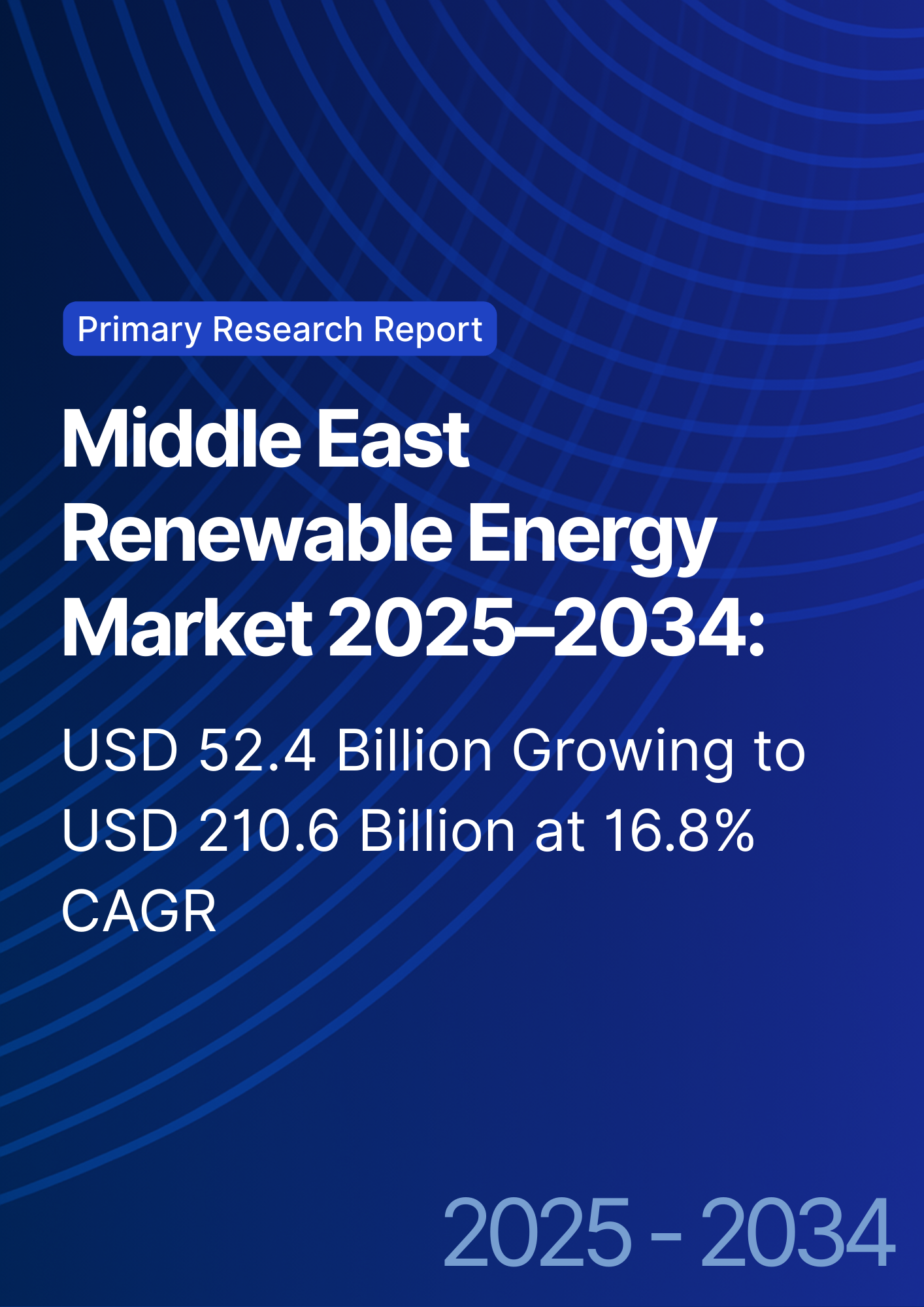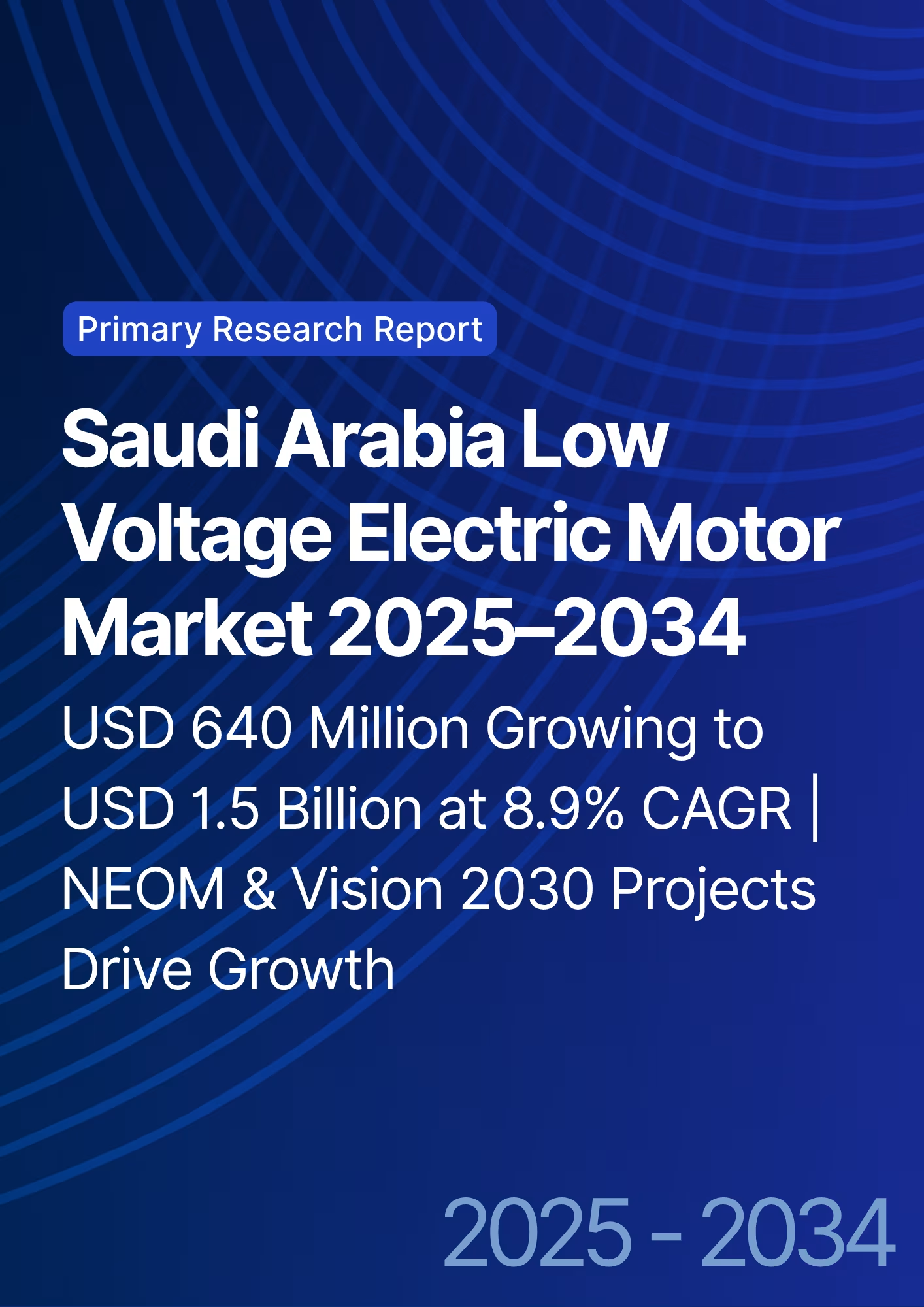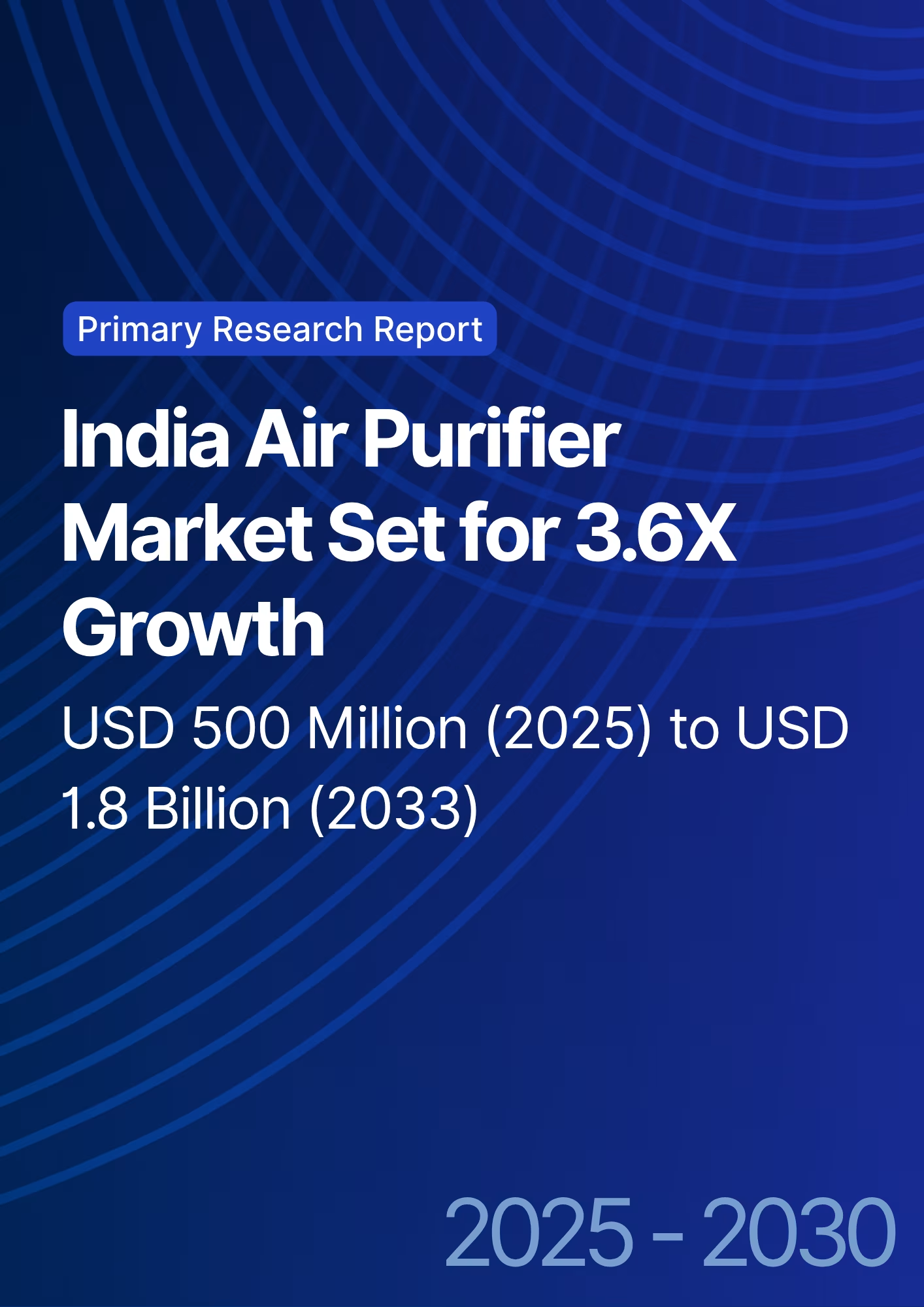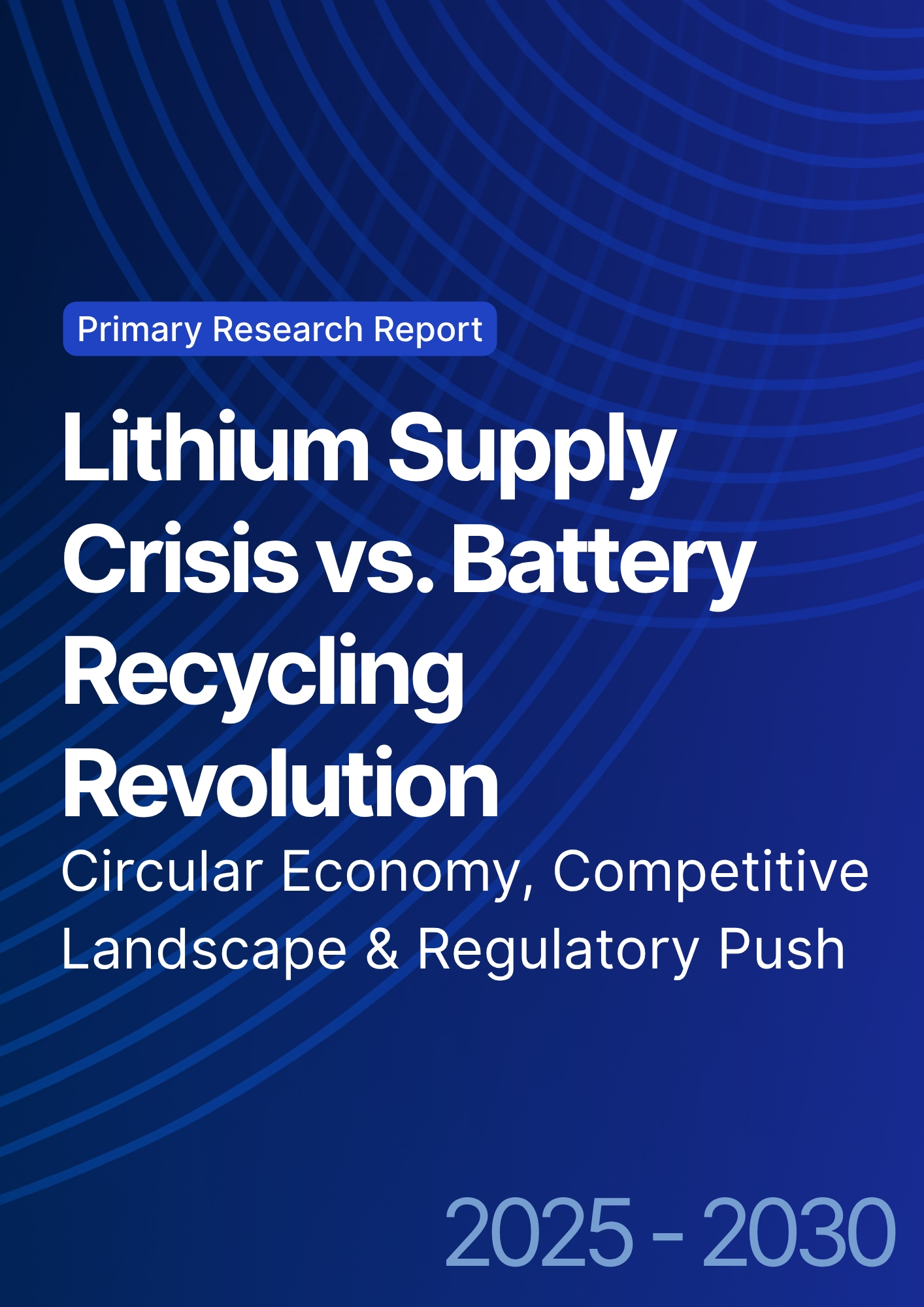

68 Circular Road, #02-01 049422, Singapore
Revenue Tower, Scbd, Jakarta 12190, Indonesia
4th Floor, Pinnacle Business Park, Andheri East, Mumbai, 400093
Cinnabar Hills, Embassy Golf Links Business Park, Bengaluru, Karnataka 560071
Connect With Us
Hydrogen Fuel Cell Adoption in Heavy Transport: Cost-Benefit Analysis & Infrastructure Readiness
Hydrogen fuel cell technology is emerging as a critical solution for decarbonizing heavy transport in North America, including freight and buses, as the sector faces increasing pressure to reduce carbon emissions. The adoption of hydrogen fuel cells for heavy transport vehicles is expected to increase significantly between 2025 and 2030, with substantial growth in both the USA and Canada. Fuel cell vehicles will offer a cleaner alternative to diesel-powered trucks and buses, contributing to North America’s decarbonization goals. By 2030, hydrogen fuel cell adoption in heavy transport is projected to reach 7 million vehicles, with the majority of the adoption occurring in regions like California, Texas, and Canada’s Ontario province, which have favorable regulatory frameworks and incentives for hydrogen adoption. However, the cost of hydrogen fuel cell vehicles remains a significant barrier to mass adoption, with the price for a hydrogen-powered vehicle in 2025 estimated to be around $150,000, compared to the $90,000 cost of a diesel vehicle.

What's Covered?
Report Summary
Key Takeaways
1) Hydrogen fuel cell adoption in heavy transport will increase to 7 million vehicles by 2030.
2) Regions like California, Texas, and Canada will lead the adoption of hydrogen fuel cell vehicles.
3) Despite higher upfront costs, hydrogen fuel cells will offer long-term benefits through zero emissions and reduced operational costs.
4) The cost of hydrogen fuel cell vehicles will fall to $130,000 by 2030, improving their market competitiveness.
5) Investment in hydrogen refueling infrastructure will exceed $2 billion by 2030, supporting the adoption of hydrogen fuel cell vehicles.
6) Government policies and incentives will accelerate the adoption of hydrogen fuel cells in heavy transport.
7) By 2030, the hydrogen infrastructure readiness in North America will improve significantly, supporting mass adoption.
8) The hydrogen fuel cell adoption in heavy transport will significantly contribute to North America’s decarbonization efforts.
Key Metrics
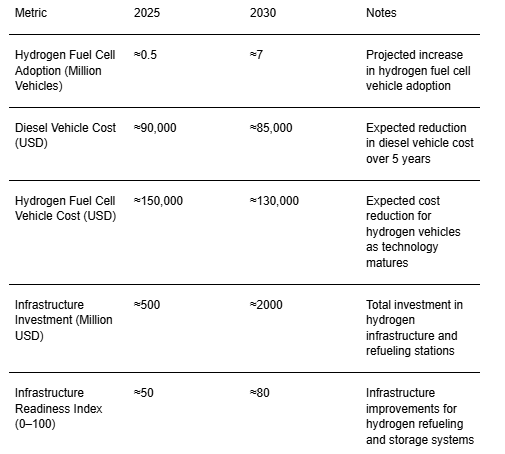
Market Size & Share
The market for hydrogen fuel cell vehicles in heavy transport will grow rapidly in North America, reaching 7 million vehicles by 2030. While hydrogen fuel cells are currently more expensive than diesel vehicles, the total cost of ownership, including reduced operational and maintenance costs, will make them increasingly attractive as the technology matures and infrastructure develops. The market share of hydrogen fuel cell vehicles will increase significantly in regions with supportive policies and infrastructure, particularly in California and parts of Canada. By 2030, hydrogen fuel cells will play a key role in North America's decarbonization of the transport sector.
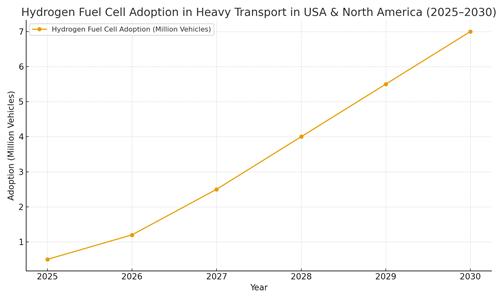
Market Analysis
The cost of hydrogen fuel cell vehicles is expected to fall by 2030, driven by technological advancements in fuel cell production, hydrogen storage, and infrastructure development. In 2025, the cost of a hydrogen vehicle will be around $150,000, but by 2030, it is expected to decrease to $130,000, bringing it closer to the cost of diesel vehicles. This reduction in cost, combined with the increasing availability of hydrogen refueling infrastructure and regulatory incentives, will drive the adoption of hydrogen fuel cell vehicles across North America, particularly in states like California, where emission reduction targets are stringent.

Trends & Insights (2025–2030)
• Hydrogen fuel cell adoption in heavy transport will grow rapidly, with North America leading the charge.
• The cost of hydrogen vehicles will decrease by 2030, making them more competitive with diesel-powered vehicles.
• Government incentives and regulatory policies will play a crucial role in driving hydrogen adoption in North America.
• Hydrogen fuel cell vehicles will significantly reduce emissions from the transport sector, contributing to decarbonization goals.
• By 2030, hydrogen infrastructure readiness will improve, with significant investments in refueling stations.
• The growth of hydrogen fuel cell vehicles will drive investments in hydrogen production and distribution infrastructure.
• The total cost of ownership for hydrogen fuel cell vehicles will become competitive with diesel vehicles by 2030.
• Collaboration between governments, hydrogen suppliers, and vehicle manufacturers will accelerate market growth.
Segment Analysis
• Fleet Operators: Early adoption of hydrogen fuel cell vehicles will allow fleet operators to meet sustainability targets and reduce fuel costs.
• Hydrogen Suppliers: Companies producing and distributing hydrogen will benefit from increased demand from transport and energy sectors.
• Vehicle Manufacturers: Leading automotive companies will ramp up hydrogen vehicle production to meet growing demand.
• Government & Regulators: Regulatory support and carbon pricing will drive hydrogen fuel cell adoption in heavy transport.
• Charging Infrastructure Providers: Providers of hydrogen refueling stations will play a key role in supporting adoption.
Geography Analysis (USA & North America)
California will lead hydrogen fuel cell adoption in North America, driven by aggressive decarbonization policies and the availability of renewable hydrogen. The rest of the USA will follow, with states like Texas and New York supporting hydrogen adoption in heavy transport through incentives and infrastructure development. In Canada, Ontario will play a pivotal role in scaling hydrogen fuel cell vehicles across the country. In Mexico and other parts of North America, hydrogen adoption will be slower but will increase as the technology becomes more cost-competitive.
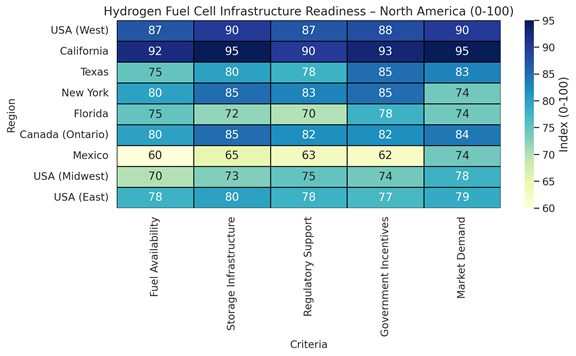
Competitive Landscape (Ecosystem & Delivery Models)
The competitive landscape for hydrogen fuel cell vehicles in heavy transport will be driven by partnerships between automakers, hydrogen producers, and refueling infrastructure providers. Leading companies in the hydrogen sector, such as Toyota, Nikola, and Hyundai, will continue to develop and commercialize hydrogen-powered vehicles for trucks, buses, and other heavy-duty applications. Key players in the hydrogen infrastructure sector, including Shell, Air Liquide, and Linde, will expand their networks of refueling stations to support growing demand. The collaboration between vehicle manufacturers and infrastructure developers will be crucial in scaling hydrogen fuel cell adoption.
Report Details
Proceed To Buy
Want a More Customized Experience?
- Request a Customized Transcript: Submit your own questions or specify changes. We’ll conduct a new call with the industry expert, covering both the original and your additional questions. You’ll receive an updated report for a small fee over the standard price.
- Request a Direct Call with the Expert: If you prefer a live conversation, we can facilitate a call between you and the expert. After the call, you’ll get the full recording, a verbatim transcript, and continued platform access to query the content and more.


68 Circular Road, #02-01 049422, Singapore
Revenue Tower, Scbd, Jakarta 12190, Indonesia
4th Floor, Pinnacle Business Park, Andheri East, Mumbai, 400093
Cinnabar Hills, Embassy Golf Links Business Park, Bengaluru, Karnataka 560071
Request Custom Transcript
Related Transcripts


68 Circular Road, #02-01 049422, Singapore
Revenue Tower, Scbd, Jakarta 12190, Indonesia
4th Floor, Pinnacle Business Park, Andheri East, Mumbai, 400093
Cinnabar Hills, Embassy Golf Links Business Park, Bengaluru, Karnataka 560071





